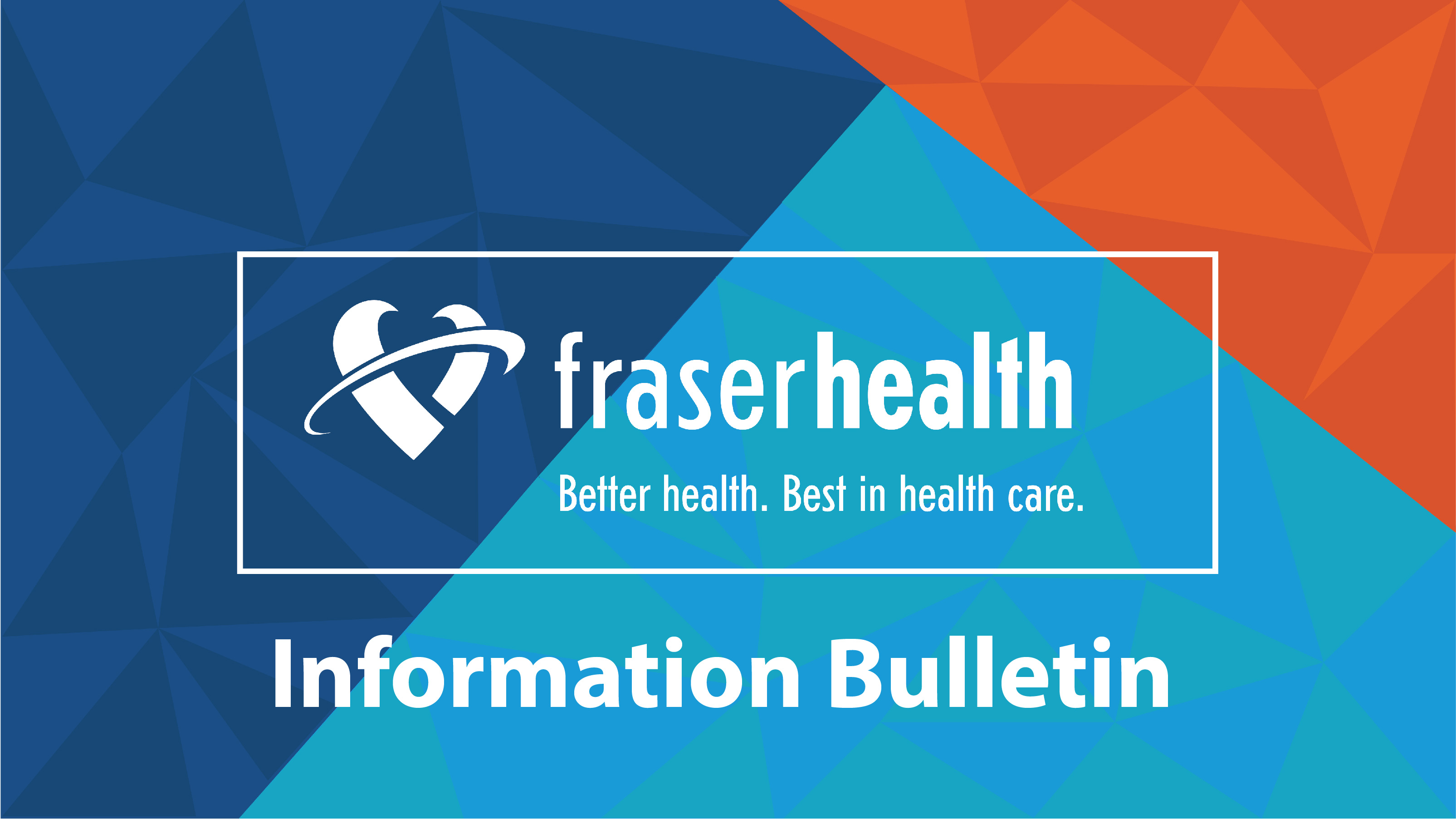
During the COVID-19 pandemic, Fraser Health has seen the numbers of overdose deaths increase in the region.
We know many of these people currently work or have worked in the construction industry. We would like to share with people in the industry what resources are available to support them when they are ready to return to work.
A Fraser Health Medical Health Officer report, Supporting Recovery Through Return to Work, looks at new ways to support people with mental health and substance use concerns in B.C.’s construction industry when they return to work. The findings generated by the report have led to actions taken to support them. Most overdose deaths are occurring in private residences, primarily among men 19 to 59 years of age. The majority of those employed at the time of their death due to overdose worked in the trades and transport sectors, which includes construction.
Fraser Health consulted with more than 60 industry stakeholders across Canada, such as construction employers, workers, unions, and industry associations, to learn what the challenges may be to return to work while managing a substance use disorder. These interviews identified a number of issues that can present challenges to employers, including:
-
Prevalence of substance use in men working in the construction industry
-
Stigma faced by workers with mental illness, substance use disorders and concurrent disorders
-
Lack of awareness of treatment services among employers, unions, and workers
-
Significant negative financial impact when workers are unable to work while accessing support and have limited options for treatment outside of work hours
-
Lack of structured Return to Work programs
-
Lack of specialized training for managerial staff about mental illness or substance use
-
Unions and employers unaware when their members are in treatment and therefore cannot support workers when they are returning to work
To respond to these findings, a number of actions have been taken to expand care options for people. With a patient-centred approach we have helped remove noted barriers to someone seeking services. We have:
-
Expanded hours of operation for services such as our Substance Use Service Access Team and the Roshni Clinic, to enable access on evenings and weekends.
-
Started a Virtual Health Addictions Clinic to provide virtual services seven days a week, for people wanting to access care.
-
Coordinated substance use care in Surrey through the Rapid Access Addiction Clinic at Creekside Withdrawal Management to provide one access point for people wishing to learn more about their care options and access medication and treatment.
-
Enhanced our distribution of education-based materials for opioid agonist treatment clinics for all of our communities and with Divisions of Family Practice partners and physician offices.
-
Conducted webinars with physicians on addiction medicine and substance use care in the context of the COVID-19 pandemic for clinical leaders in our communities.
To create Supporting Recovery Through Return to Work, Fraser Health worked closely with the Construction Industry Rehabilitation Plan (CIRP) to better understand and promote supportive Return to Work policies because workplaces play a crucial role in people’s recovery journey. This partnership is ongoing. CIRP is a joint union and employer-funded program that provides bed-based treatment, 1:1 counselling services and mental health and substance use education and training for the industry. It is through unique partnerships, like the one with CIRP, that Fraser Health is able to continue to make new strides in supporting those who use substances and reach those susceptible to overdose in settings, such as workplaces.
Fraser Health has taken a comprehensive approach to addressing the public health overdose emergency in the region, including distribution of naloxone and training, overdose prevention and supervised consumption services, and fast-tracking pathways to substance use treatment and care. Fraser Health has established unique partnership with those in the construction industry to find new and innovative ways to help reach those at risk of overdose in this community.
For more information about Fraser Health’s work to address the overdose public health emergency in our region, please visit fraserhealth.ca/overdose.
Other resources:
-
2019 Chief Medical Health Officer’s Report that describes findings from medical charts about the personal, social, and medical circumstances of a sample of young adults, women, and South Asian men who died from illicit drug toxicity in Fraser Health
-
Overdose resources for schools and parents
-
Shareable overdose awareness campaigns
-
A guide to starting the conversation about overdose prevention
For media inquiries, please contact:
media@fraserhealth.ca
